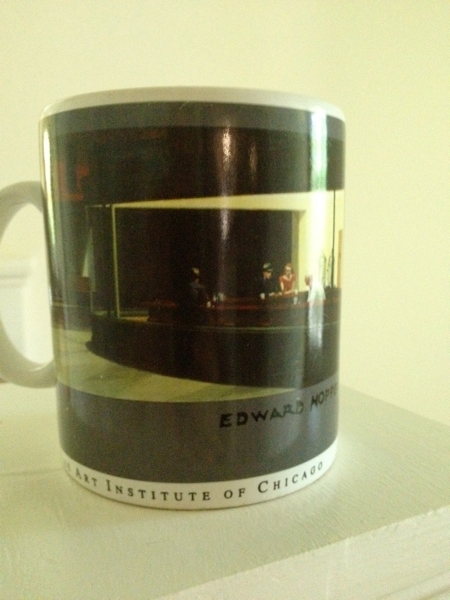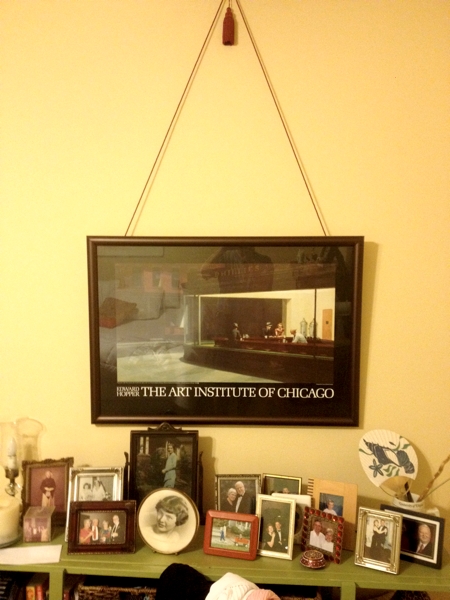Working on Spamalot has been a treat, but it’s also felt a little strange, and I finally realized that part of the reason why must be that I am in fact unused to performing.
Think about it—since I started directing theatre in Newnan in 1975, here’s a list of the shows in which I had roles:
- Hotel Paradiso, Maxime
- Midsummer, Oberon (1979) & Theseus (1997)
- Twelfth Night, Antonio
- The Dining Room, various
- You’re a Good Man, Charlie Brown, Schroeder
- Love Letters, Andrew
- Pericles, Gower
- Henry VI/3, Clifford
- Into the Woods, The Baker
- Marriage of Figaro, Count Almaviva
- Wit, Dr. Kelekian
- Auntie Mame, Mr. Babcock
- Coriolanus, Aufidius/various
That’s it. Out of the hundreds of shows done in Newnan for the past 38 years, I have had roles in fewer than twenty of them, and only five of those could be considered lead roles, and only one of those was a starring role.
And Arthur, King of the Britons, is a starring role, the kind that gets your name up in lights on the marquee if not the top of the Playbill title page. That’s hard for me to wrap my head around, actually.
It’s not because I am unused to being a star, because in GHP Land I am a huge star where hundreds of people whose names I do not know think I am wonderful and gush on Facebook that they saw me at some function or other. (It’s mostly amusing and of course bunches of fun, but even on that small scale I am acutely aware of the responsibility to be perceived as cheerful and gracious to my “fans.”)
That’s not what I’m talking about with Arthur, however. Arthur is not about being a star, about stardom, it’s about handling a starring role. On one level, of course, there’s nothing different about it than any other role—you learn your lines, your songs, your choreography (eventually), and you use your skills to evoke laughter/tears/delight/horror/whatever.
On another level, though, there is a huge difference between being Arthur and being the Third Peasant from the Left. There is a responsibility to the production that does not weigh in the same way on the Third Peasant; if he flubs a lyric or a step or screws up the timing on some gag, hardly anyone but his mother will notice, whereas if I screw up something, it has the potential to wrench the whole show out of its frame.
There is also a curious sense of dividedness inherent in the role. On the one hand, there is a huge amount of attention being showered on me, but at the same time, it’s not really me, it’s Arthur. This is true of any role, of course, and it’s one reason some people have a hard time committing to playing the truths of an unpleasant character, but it’s magnified in a very weird way in a starring role. I can see why some actors would become irritating divas: if you confused Arthur’s “stardom” with your own, you might begin to believe that it was you that everyone loved so incredibly much. That way madness lies.
I’m not sure even now that I’ve adequately explained how odd playing a starring role is for me. I’m sure anyone reading this is likewise puzzled, because I imagine that most people would never associate “shy, self-deprecating modesty” with me. But dammit, I’ve been working on that, and now here’s a stumbling block in my path to enlightenment. Which you can see for yourself March 13-24 at Newnan Theatre Company.





 This is a mug I bought at the Art Institute of Chicago in 1993, I think, a visit about which there will be another mug and another post later.
This is a mug I bought at the Art Institute of Chicago in 1993, I think, a visit about which there will be another mug and another post later.
